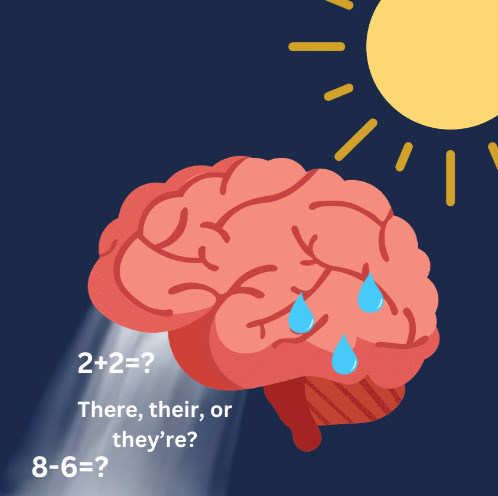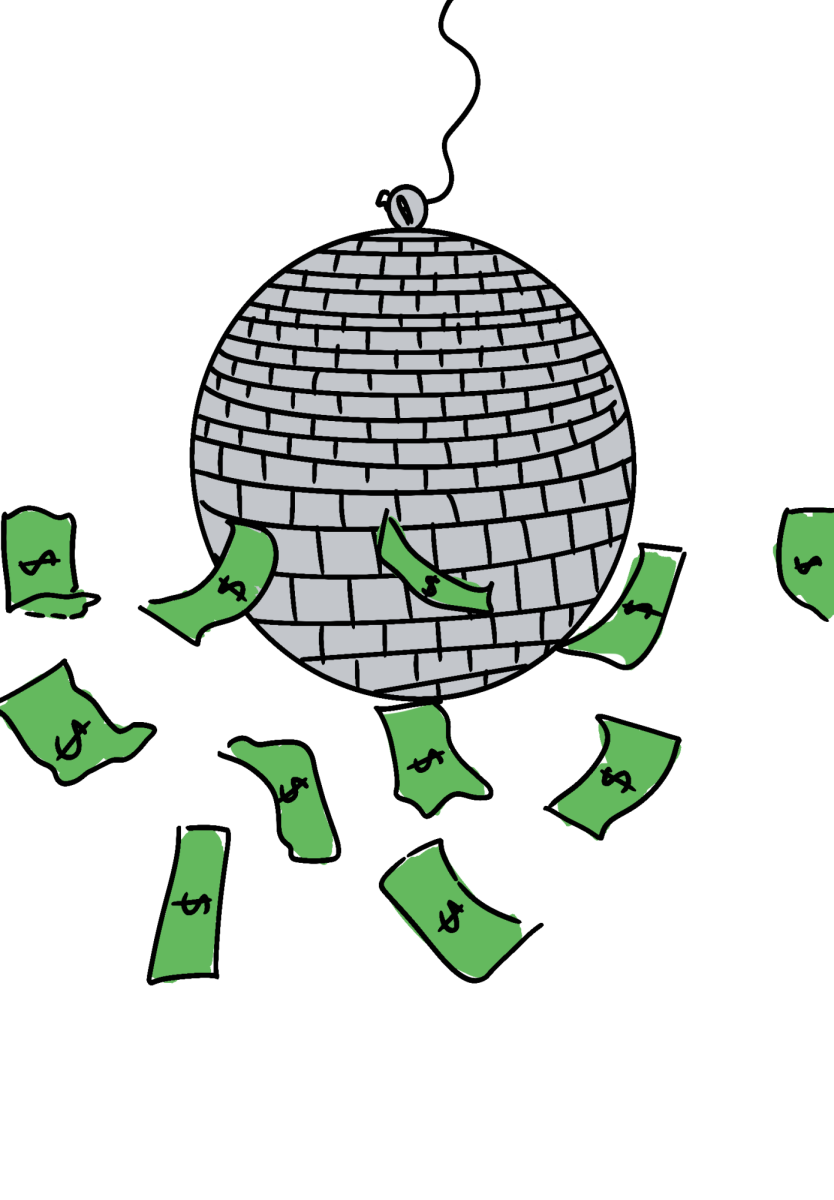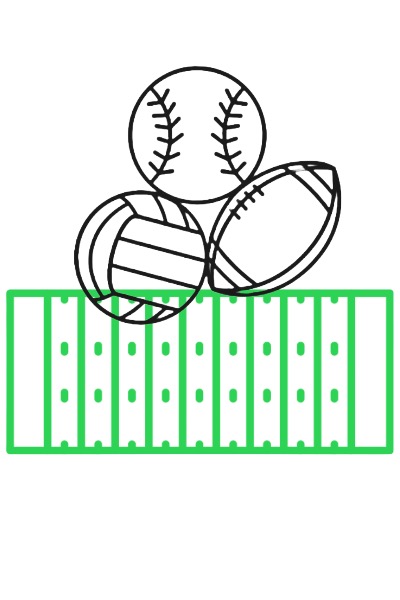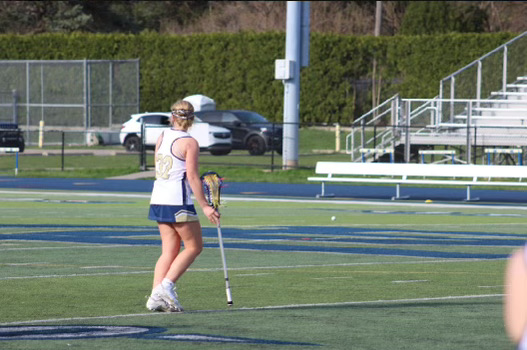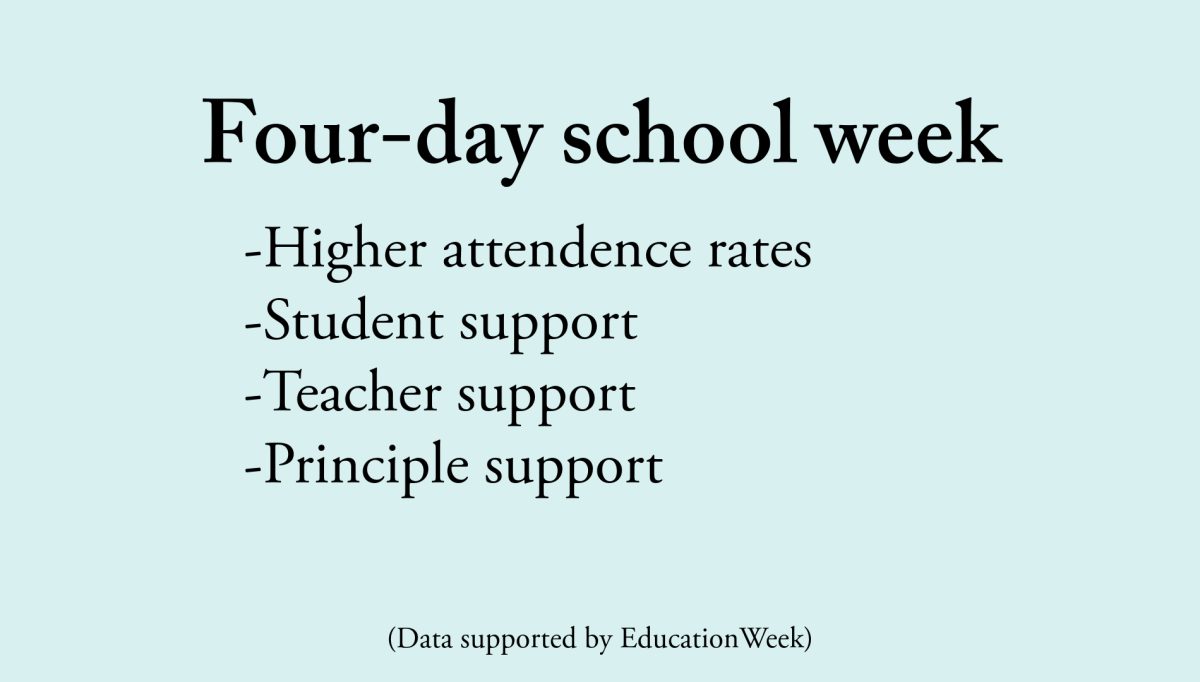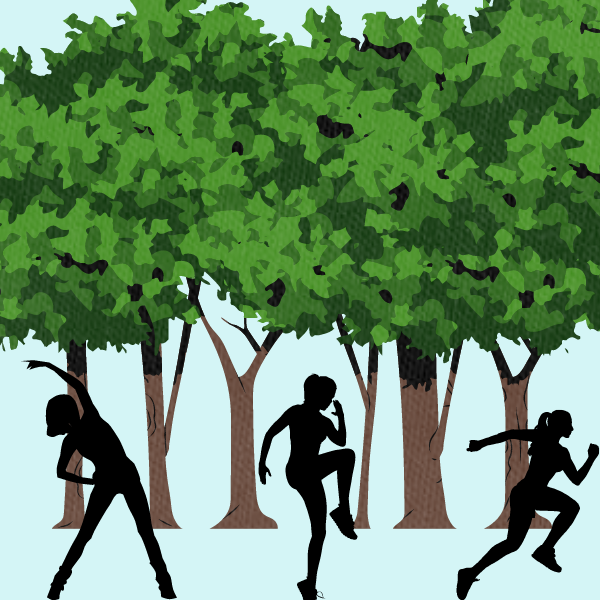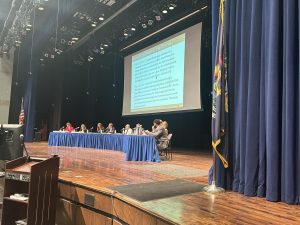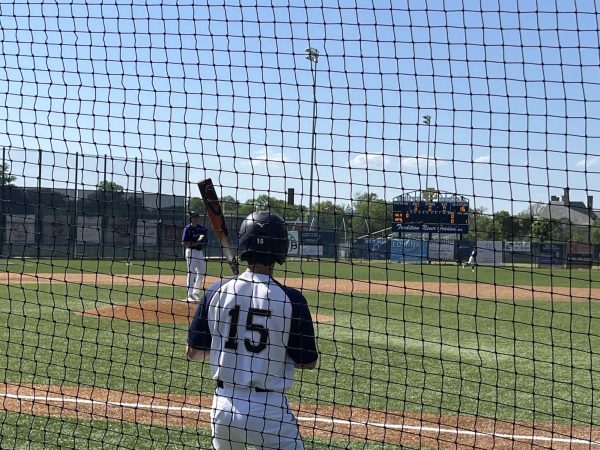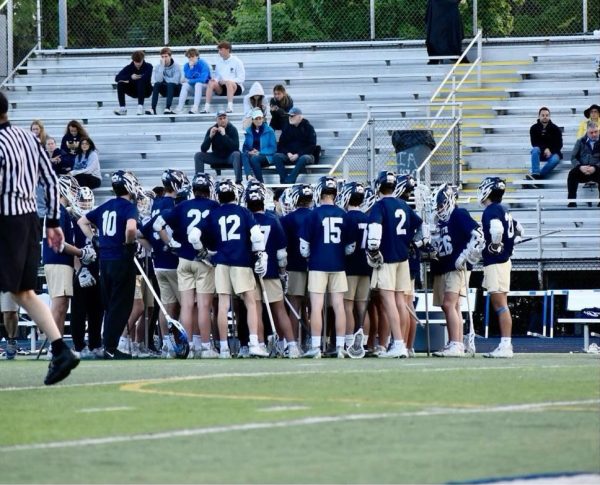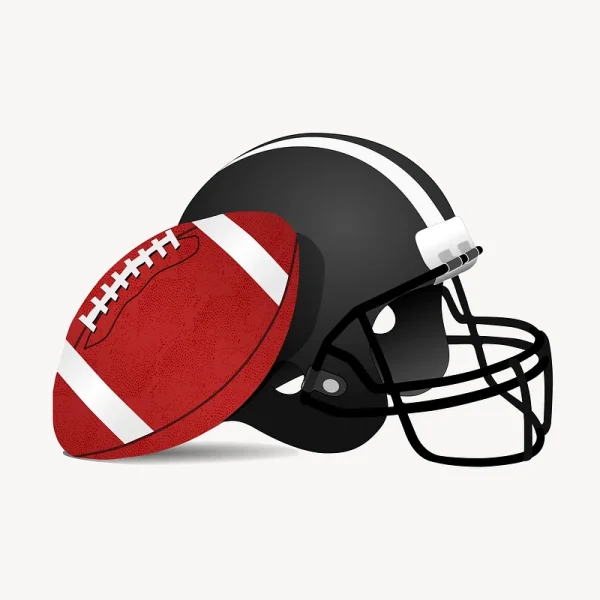In the ring and on the field
January 28, 2022

Eating disorders affect high school and college athletes at a rate up to 3 times higher than those who don’t play sports according to the national eating disorder association. The percentage of those affected is even higher in weight based sports as well.
Registered dietician Bethany Matus said eating disorders are a broad spectrum which can be seen in many forms.
“They usually manifest with not having healthy bonds in relation to your body image and also in relation to how you view food,” Matus said. “It can manifest in places like restrictions either with calories or even with groups like deleting a whole food group out of the diet. For some people that can go the other way they can eat without being mindful of large quantities at one time. Exercise disorders occur when people are really obsessed with eating what they consider clean or healthy and feel like they have to compensate for the calories they eat by reaching a certain level of fitness.”
The warning signs of an eating disorder can be as varied as the types according to Matus.
“One is not eating carbohydrates or avoiding fat. That would be an indicator of that relationship with food is like and in high school it’s really not healthy behavior,” Matus said. “Overtraining, like any more than once (a day) or more that is recommended by the coach. Definitely things like Shin splints or stress fractures can also be an indicator that people aren’t eating enough.”
Wrestling is a weight-based sport, where athletes compete against similar weights which according to Brandon Southers ’23 can sometimes promote an unhealthy painting of health because it can lead to dieting to fit into a certain weight.
“Some people can lose matches and feel horrible, causing them to get depressed and stuff which I find to be not right,” Southers said. “If someone loses a match, they need to know how they messed up and practice it multiple times so they know not to get taken down in that way again.”
According to field hockey coach Jessie Rouleau, athletes having a positive body image and relationship with food helps athletes perform their best.
“In the field hockey program I try to encourage healthy body image by using expressions like “every body is different,” Rouleau said. “There’s no one ideal body type for athletics and exercise.s far as eating disorders specifically, my goal is to always encourage a healthy, complex diet and lots of fluid to hydrate, and rest. If a player has not eaten before trainings, I take a second to speak to them about the importance of fueling your body for performance.”
Wrestler Lukas Baer ’22 said in weight-based sports it’s incredibly important to stay healthy. His coaches play a large role in helping determine healthy weights for athletes while also making sure they are taking care of themselves.
“We look at our weights and see where we are able to wrestle and someone might need to drop or gain 5 pounds but that’s it,” Baer said. “Usually because the person wants to wrestle (in a certain weight division) but we do it in a safe way (over a few days). We ask a coach for advice. It’s not dangerous, as long as you’re not taking anything that will make you sick.”
Baer said it’s important to him to focus on being healthy in wrestling by talking to professionals, not being at a certain weight.
“We often go to the trainer,” Baer said “We would like to ask them what would be healthier to drop to. We want to be safe with the stuff we’re doing.”
Matus said teenagers need proper nutrition, and not following eating right now will have long lasting impacts throughout the rest of their life.
“Your bodies are changing very quickly,” Matus said “Their number one job right now is growth and development. The different nutrients we need directly impact that, like carbohydrates are the body’s main source of energy, they fuel the brain and central nervous system. So if you’re older, restricting calories and you’re not getting enough protein or carbs, then you could be breaking down your muscles as you’re using them so then you’re not able to keep them healthy and repaired.”
To those who are struggling with an unhealthy relationship with food, Matus recommends they talk to a dietician or trusted adult to help them.
“In general, it’s hard to be a teenager,” Matus said. “You don’t want to live the rest of your life with a bad relationship with food. It’s more than just nutrition. Because it’s social, because it’s cultural ,because we enjoy it and those are all good and valid reasons for eating. I encourage anyone who feels that they could make some progress there to reach out to an adult.”












